Personal watercraft (PWC) are go to machines for summer enjoyment at the lake and on the water. They are sleek powerful water sleds capable of high speeds, daring manoeuvres and a whole lot of fun. They can also create difficult situations that call for quick reflexes, skill and ability.
PWC riders, should think safety and etiquette at all times. Here are some words to live by from the experts.
Kelly Moloney, general manager at the International Sail and Power Academy, holds a master instructor licence and teaches boating classes and courses in Parksville, B.C.
“Following the general rules of navigation is the most important thing,” she said.
At the top of Moloney's safety list is wearing a personal flotation device (PFD).
In terms of etiquette, she points out that riders must “pay attention to and obey marine speed and direction signs.” This includes not making a wake in restricted zones and reducing speed around swimming areas, docks and watercraft launch sites.
Moloney said that when you are on the water it's important to “pay attention to little things [like] looking at another boat well ahead of time and deciding what he's going to do and what you're going to do.” Be aware of where you ride and what other watercraft are around you and in the area.
The importance of knowing the location of other watercraft is echoed by Brendan Keys. Keys sits on the board of directors of the Boating BC Association and works out of Port Moody as general manager of GA Checkpoint. According to Keys, obtaining a PWC operators licence, knowing the rules of the water and wearing a PFD are the minimum requirements for all riders.
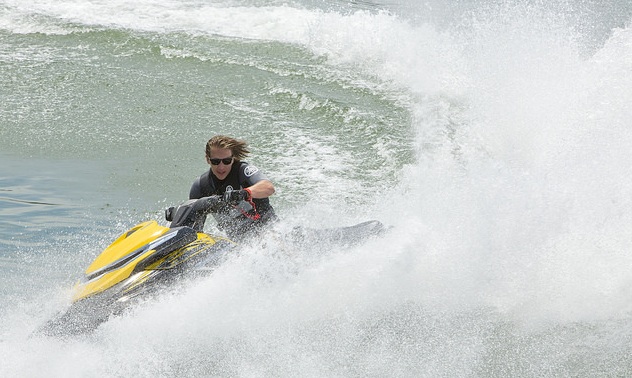
Stay in control and aware of surroundings. — Photo courtesy Yamaha Motor Canada
Keys points out that “doing manoeuvres and not paying attention to the surroundings and other watercraft is a major cause of PWC crashes.” The new PWC machines are fast and powerful. They “move a lot faster through the water,” he said. which means a rider has less reaction time when a situation arises. Riding in control and within your experience level is a way of eliminating dangerous situations.
When riders find themselves in congested waterways it means they should "slow down and use caution," said Keys. This is especially important when travelling in places you've never been before. The shallow draft of PWCs allows them to travel into shallow water. Keys emphasized that when you are not familiar with the terrain underneath, such as rocks and objects under the water, communication with other riders is paramount. Good communication will reduce accidents and collisions, and potenially save someone's life.
If you ride in a group, be sure to review hand signals so that everyone knows what is going on. For Moloney, “knowing what everyone is going to do” is important to keep riders safe.
Both Moloney and Keys reiterate the need for all riders to have training on how to use a PWC that goes beyond just passing a test and getting a boating operators licence.
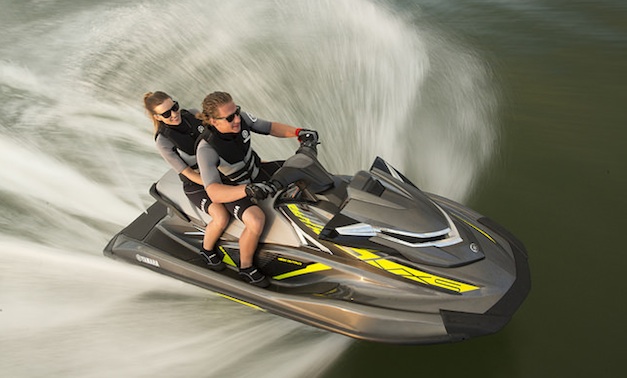



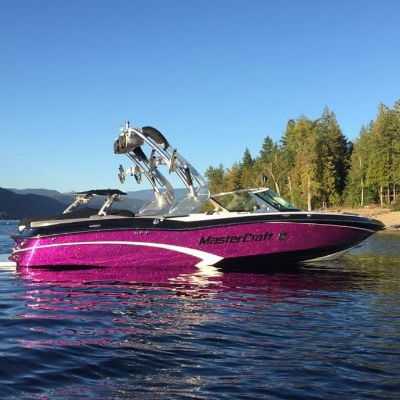
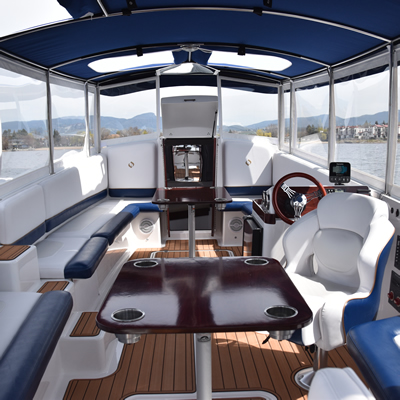
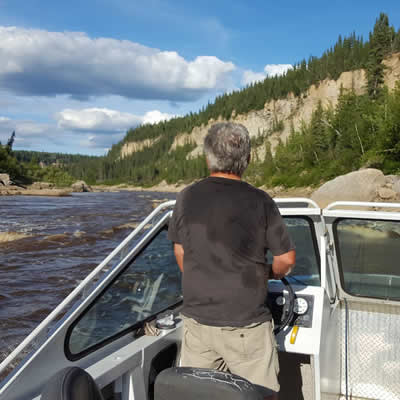

Comments